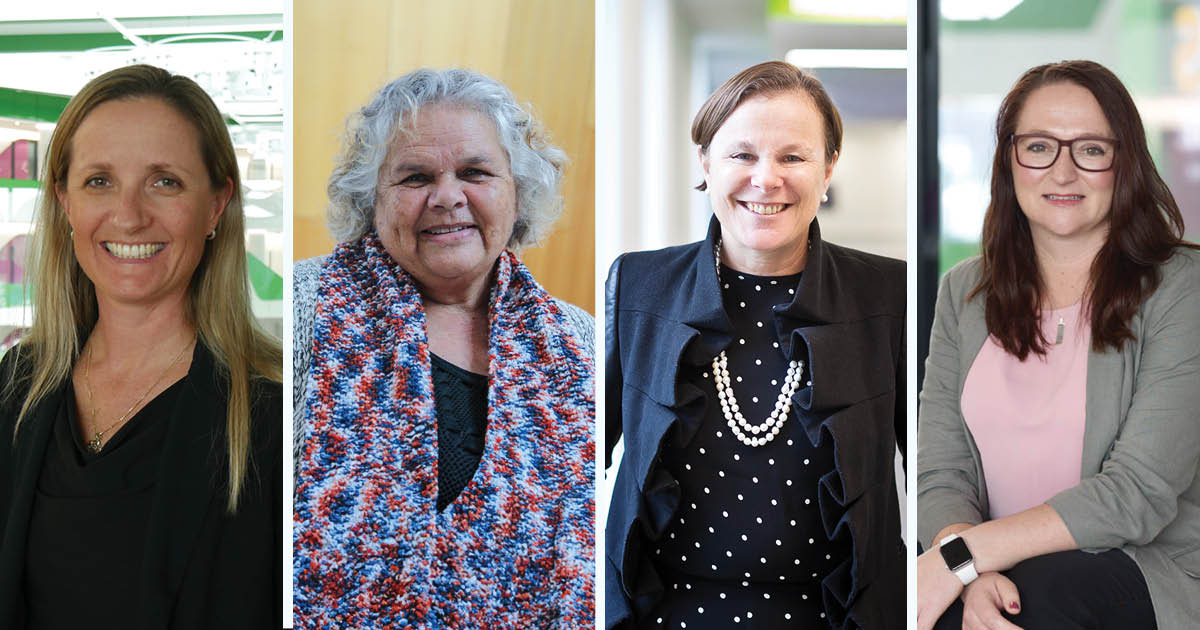Search
Showing results for "aboriginal respiratory"
Research
Safety and Immunogenicity of Neonatal Pneumococcal Conjugate Vaccination in Papua New Guinean Children: A Randomised Controlled TrialWe conducted an open randomized controlled trial in Papua New Guinea to compare safety, immunogenicity and priming for memory of 7-valent PCV (PCV7) given in...

Research
Characterizing the risk of respiratory syncytial virus in infants with older siblings: a population-based birth cohort studyOur results lend support to a vaccination strategy which includes family members in order to provide maximum protection for newborn babies.
Research
ImmunisationImmunisation is the most effective way of protecting your child against a range of serious illnesses, including measles, hepatitis B and whooping cough. All vaccines used in Australia undergo stringent testing and ongoing monitoring.
Research
Genome-wide association study of vitamin D levels in children: replication in the Western Australian Pregnancy Cohort (Raine) studyThis genome-wide association study (GWAS) utilises data from the Western Australian Pregnancy Cohort (Raine) Study for 25-hydroxyvitamin D (25(OH)D) levels...

News & Events
Australia Day Honours for researchers and esteemed ElderFour outstanding members of The Kids Research Institute Australia family – three researchers and an Aboriginal Elder co-researcher – have been named in the Australia Day Honours List for their outstanding service to research and the community.
Research
Sero-epidemiology of SARS-CoV-2V-2 in Western AustraliaChristopher Asha Blyth Bowen MBBS (Hons) DCH FRACP FRCPA PhD BA MBBS DCH FRACP PhD GAICD FAHMS OAM Centre Head, Wesfarmers Centre of Vaccines and
Research
A quality improvement study: Optimizing pneumococcal vaccination rates in children with cochlear implantsChildren with cochlear implants are at increased risk of invasive pneumococcal disease, with national and international guidelines recommending additional pneumococcal vaccines for these children. This study aimed to examine the pneumococcal immunization status and rate of invasive pneumococcal disease in children with cochlear implants at a tertiary paediatric hospital over a 12-year period.
Research
A longitudinal study of natural antibody development to pneumococcal surface protein A families 1 and 2 in Papua New Guinean Highland children: a cohort studyPneumococcal surface protein A is immunogenic and natural anti-PspA immune responses are acquired through exposure and develop with age
Research
Effect of early carriage of streptococcus pneumoniae on the development of pneumococcal protein-specific cellular immune responses in infancyThe aim of this study was to examine the relationship between nasopharyngeal pneumococcal colonization in early life and the development of T cell responses.
